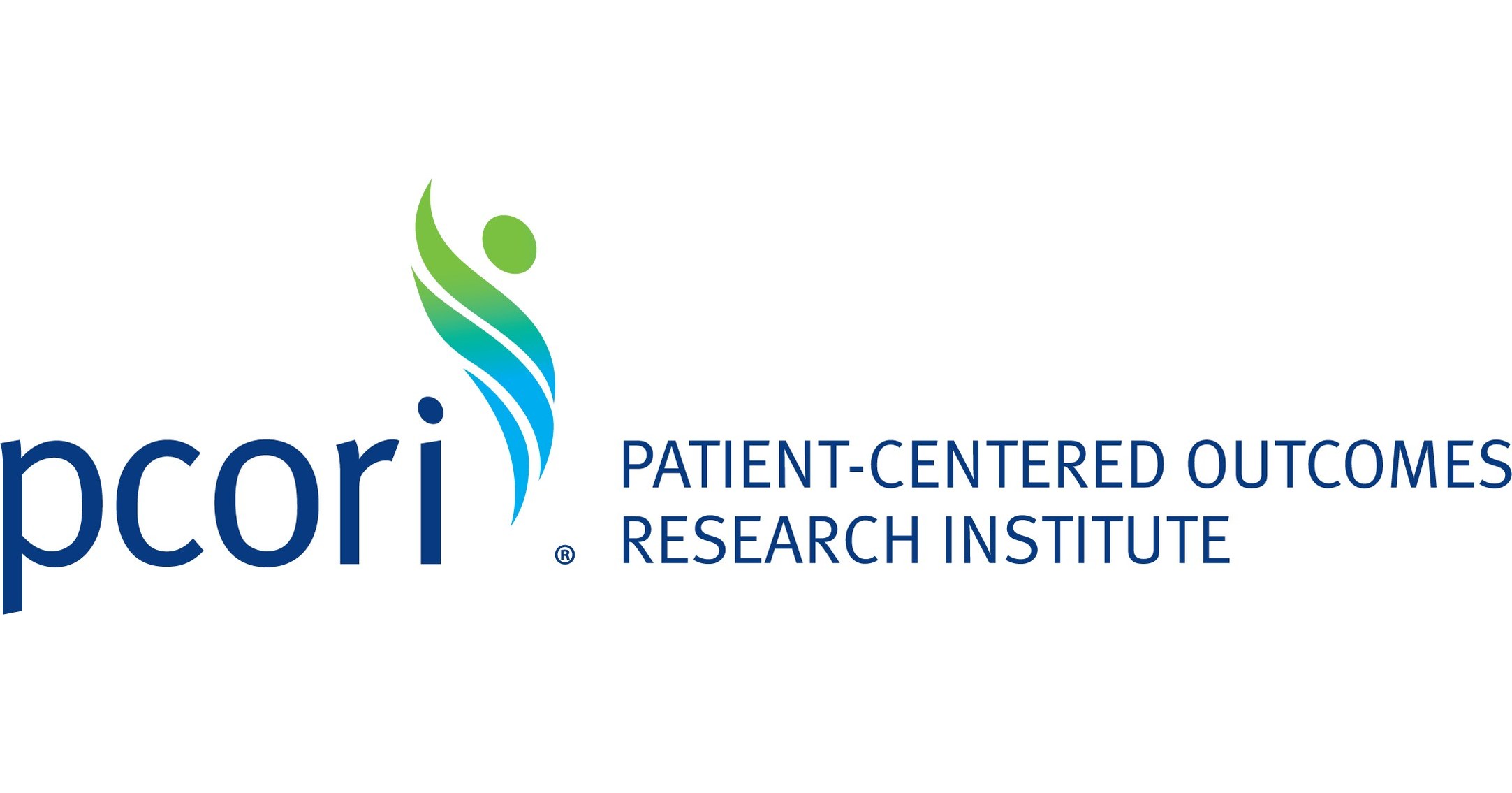The director of the IU Center for Bioethics and colleagues received an award this month from the Patient Centered Outcomes Research Institute (PCORI) to help IU Health and Eskenazi make a decision aid available to thousands of patients across the state who are due for colorectal cancer screening. Colorectal cancer screening (sometimes called “colon cancer screening”) saves lives and is strongly recommended for all people ages 45 to 75 years old, but only about 70% of eligible patients are up to date with screening. Although many patients know about colonoscopy, they often don’t realize that there are other, non-invasive options, such as stool tests like the Fecal Immunochemical Test or Cologuard®.
Decision aids in many different areas provide medical information and explain risks and benefits of available options to help patients make a choice that’s right for them. In three large randomized trials, Dr. Schwartz and his team have designed and tested decision aids about colorectal cancer screening that explain the importance of this cancer and explain the two tests. In those trials, watching the decision aid led to an increased intent to be screened and improved understanding, and decreased uncertainty.
In the newly funded project, Peter H. Schwartz, MD, PhD, Director of the IU Center for Bioethics and Professor of Medicine and Bioethics at IU School of Medicine, and Theresa M. Damush, PhD, MA, Senior Research Professor of Medicine at IU School of Medicine will lead a team to help IU Health and Eskenazi make an updated version of the decision aid available to all primary care patients who are due for screening. Patients will access the decision aid by clicking on a link sent by email, text, or through a patient portal of an electronic health record. The project will be rolled out through the healthcare systems over three years, with a plan of sending the decision aid to over 75,000 patients. Providers and staff at clinics will learn more about supporting shared decision making about screening.
The hope is that patients who see the decision aid will learn about the options, choose one they like, have a discussion with their provider, and get screened. Getting this decision aid to patients widely would be an important step for the whole field of implementing decision aids and improving shared decision making in medicine: While there have been many decision aids developed that have been shown to help support patients’ understanding and decision making about a whole range of conditions, no decision aids have been implemented in everyday clinical practice. Doing so here in Indiana, for colorectal cancer screening, could guide the way to getting more information to patients and supporting shared decision making more widely in other areas of medicine and across the country.
Read more about the project:


